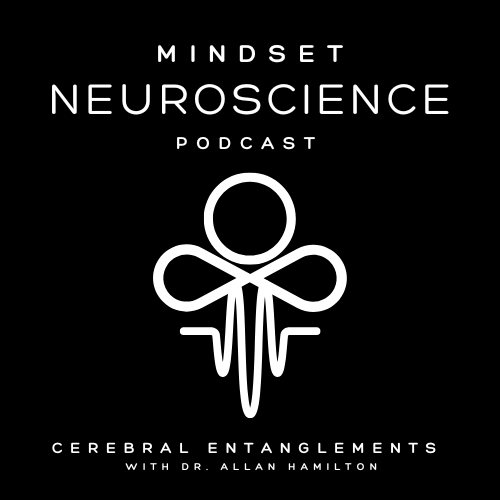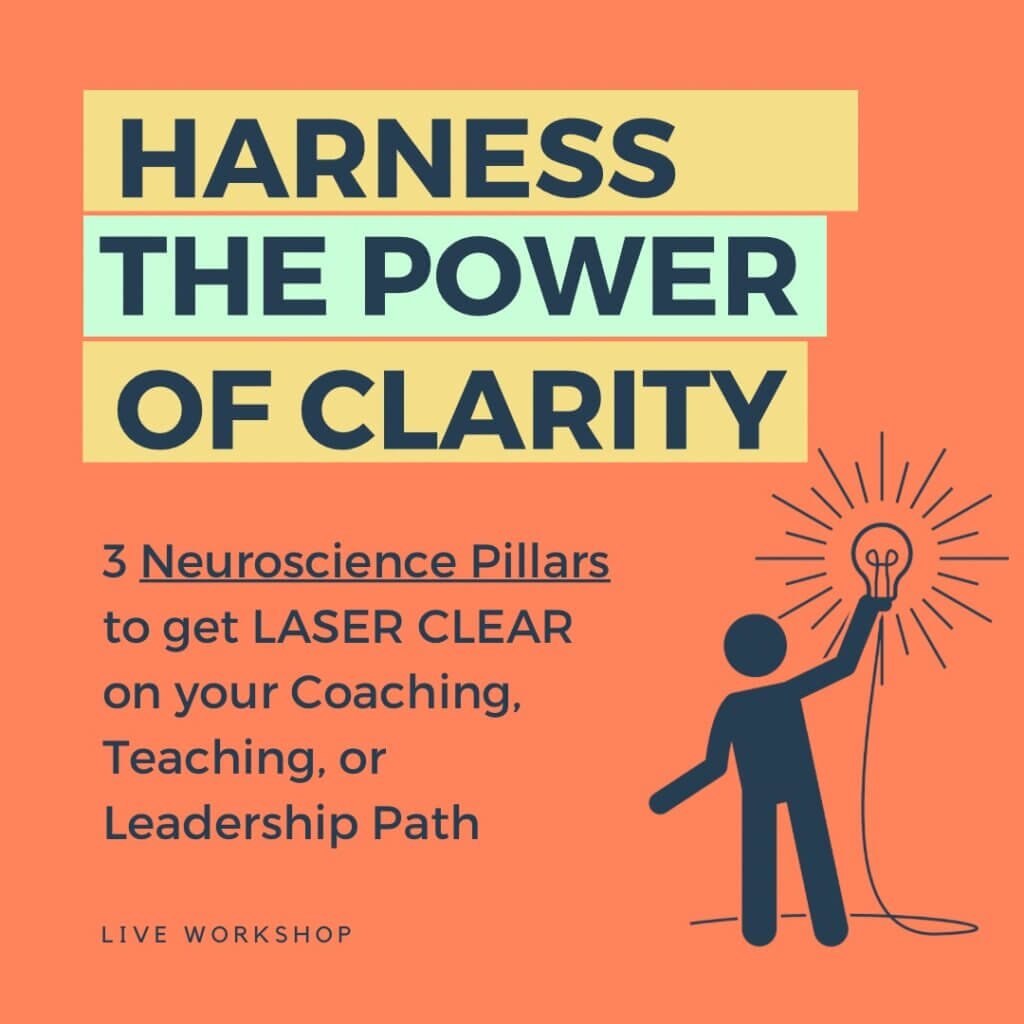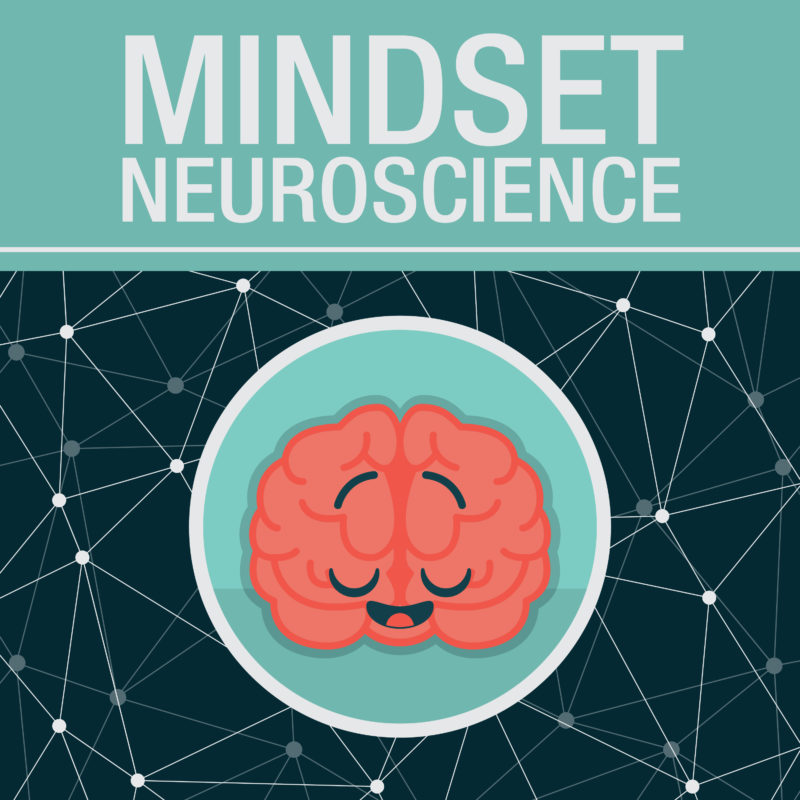"your brain is editing out what it thinks you should know about and what you shouldn't know about."
-Dr. Allan Hamilton
Understanding why we react the way we do, where our patterns come from and how we can show up differently gives us strength, agency and internal safety because it increases our ability to choose... choose our boundaries, our behaviors, our values, our preferences.
Understanding our brains and nervous systems helps us stop repeating behaviors and over and over again that don't lead to the experiences we truly yearn for, particularly when it comes to our relationships and desire for true, authentic connection.
In this episode with Dr. Allan Hamilton, we cover many themes, such as what happen to brains in love and after rejection, gender, the effects of video games and social media on bio-behavioral outcomes, and intergenerational trauma. We also talk about following one’s interests, passions and curiosities - you’ll hear about my beginnings at the age of 6 hosting N-E-R-D radio on my double cassette player 🙂
Learn more about Dr. Hamilton's latest book Cerebral Entanglements: How the Brain Shapes Our Public and Private Lives

Listen on:
What you will hear as a thread that weaves through our conversation is that...
Human connection matters.
Safe, trusting relationships have the capacity to buffer the effects of negative influences that exist in our world.
Dr. Hamilton explains how the hormone oxytocin plays a pivotal role in fostering trust, affection, and deep connections between individuals. This hormone, often referred to as a "bonding hormone," is crucial for nurturing relationships, whether through intimate conversations, warm hugs, or even petting a dog. The research we discuss highlights the importance of how human connection can offer a buffer against life's challenges.
We also see in this interview that..
the brain, more than anything, is a predictive system.
It conserves energy by attempting to predict - rather than truly understand - what is in front of it.
When information is missing, it fills in the blanks based on its past. It seeks out cues that confirm its predictions and distorts or ignores anything that could contradict what it already predicted to be true.
Because we are generally surrounded by the same people over and over again in the first phases of life, many of the sociobiological signals we experience are repeated enough to build up a strong, predictive dataset for our brain to make calculations about what the ‘world’ is like. But this data set is limited. It’s based on only a few people. From this tiny number of people, it creates a model of how the world is - what it contains for us in terms of human-to-human interaction.
The brain deals in long-term, repetitive patterns.
Until we become aware of these patterns and predictions, we may use them so unconsciously and often that we re-create scenarios that return us to our familiar ways of perceiving and interacting with others. Anything that is different from that what is familiar is so foreign that in many ways, we don't have the behaviors and abilities to know how to navigate the world in ways that are vastly different than what we were used to. We end up seeing our behavior - and the interactions as 'normal'.
To change one pattern, you need to replace it with an alternative. To create the healthy alternative, you need to become aware FIRST that you are even in an automated pattern from your past.
So, as always.. awareness first. Awareness creates the 'aha' which can lead to new choices - these new choices can lead to new feedback. But awareness at every stage is key.
Technology plays a role in disrupting human connection and adding to human dysregulation
As Dr. Hamilton discusses research on video games and social media, we see that technology and the online world has created a matrix that has robbed us of the physiological mechanisms we need to regulate with each other, and to go through a process of rupture-and-repair. This process is central to resilience.
It has also added to feelings of isolation and fatigue as people experience groupthink, reactivity and vindictiveness - where people use words to attack, intimidate, show their status, and make people feel small or worried that if they say the wrong thing, there will be irreparable consequences, rather than more attempts to understand. From a human-relational and neurological systems perspective, that is a recipe for dysfunction and dysregulation.
The art and science of using human connection to help us regulate our nervous systems and amplify collective intelligence is something we can master.
But we need to intentionally set out to do this, and to have the intention to learn, rather than control, convince or defend.
I hope this episode sparks conversation and insights that can help us tap into our collective intelligence, and spark feelings of curiosity, hope and openness in a world that might feel at times uncertain, turbulent and divisive.
“Let's face it, the universe is messy. It is nonlinear, turbulent, and chaotic. It is dynamic.
It spends its time in transient behavior on its way to somewhere else. It self-organizes and evolves. It creates diversity, not uniformity. That's what makes the world interesting,
that's what makes it beautiful, and that's what makes it work.”
― Donella H. Meadows, Thinking in Systems: A Primer


